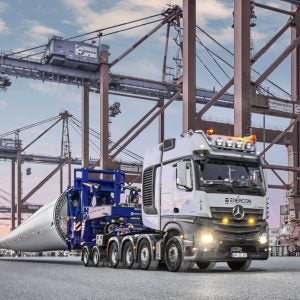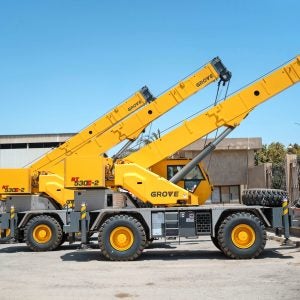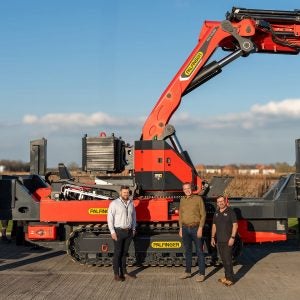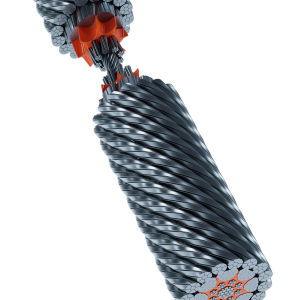As Terex has worked over the last couple of years to emphasise Demag's history of innovation, every press event I've been to has ended with journalists asking if this was preparation for the company to be spun off. The answer, broadly, from Terex was that they had no plans for a sale: what any executive at a listed company would say, until they had a definite plan in place.
With this deal, and the decision to cease production of Terex's Oklahoma-built mobile crane lines, a similar question arises. The three remaining lines—rough terrains, tower cranes, and Franna articulated chassis cranes—have little in common. For how long does it make sense for them to be part of the same company? I'd expect an answer to that question only when—or if—a deal is struck. For workers in Zweibrücken and Lauf, as well as dedicated Faun and Demag customers, the most important questions is going to be whether both brands and facilities will remain in operation.
I have no answers here. Tadano say they will be examining their options. There are clearly savings to be made by stripping two businesses like this of all their common parts. But, at the same time, having two distinct brands with their own engineering approaches and distribution networks, would give Tadano two bites of the cherry.
The deal certainly has the potential to take Tadano to new heights: it will be an immediate boost to the company's aims to be the world's biggest lifting company, with 80% of sales outside Japan; it makes the company a lattice crawler manufacturer for the first time; and it brings new all terrain technology, particularly over 400t, where Tadano has yet to bring a crane to market.
Will North, Editor
will.north@cranestodaymagazine.com






